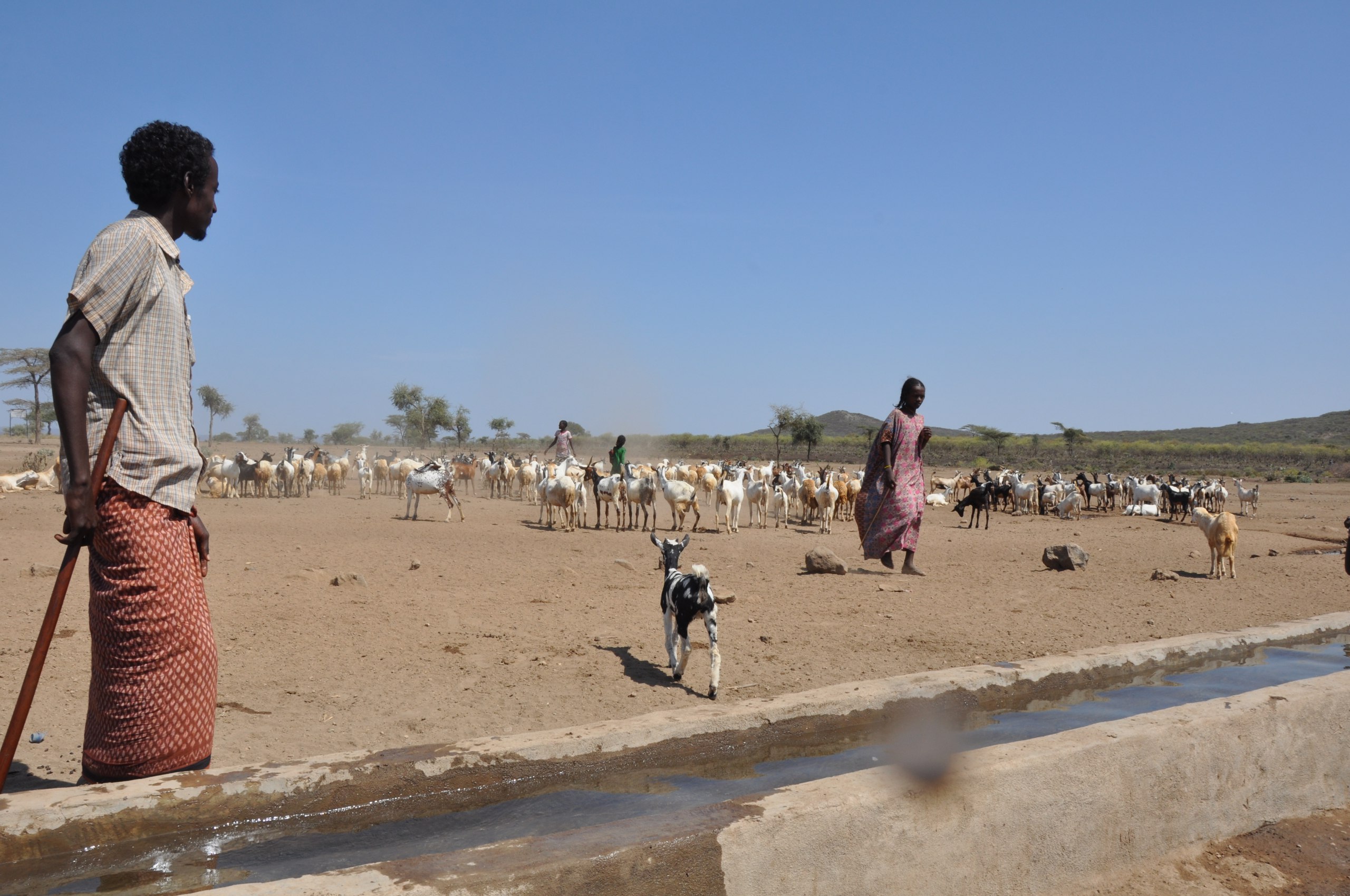
Our One Health for Heal (OH4HEAL) Project aims to increase the accessibility and utilization of health services among pastoralist communities, by reshaping service delivery in One Health Units (OHU).
The project is built on the assertion that, despite the enormous challenges that have hit East Africa in recent years, its people, livestock and natural resource base provide a firm foundation to improve livelihoods and increase resilience. Pastoralist communities depend on the close interlinkages between rangeland, livestock and human health.
HEAL- OHUs is recognized as a solution for service delivery for pastoralist communities in the Horn of Africa by policymakers and investors.
Major Interventions
Men and women members of pastoral communities are engaged in defining sustainable, demand-driven and need-based OHUs.
Key interventions include:
- Develop with community members (MSIP) One Health interventions that integrate seasonal and spatial distribution of human and animal diseases with plans for improving rangeland health governmental organizations (NGOs), and most importantly with the communities.
- Maintain user friendly people-centred digital platform for the collection, timely sharing and participatory interpretation of relevant OH data.
- Maintain and reinforce the Multi-Stakeholder Innovation Platforms (MSIPs) in intervention kebele/villages.
- Assess and promote the use of existing microfinance and insurance products to facilitate access to OHUs, identify gaps and opportunities for the scale-up.
- Support and promote value addition and livelihoods diversification to support the resilience of communities.
- Improve enabling environment for rangeland health improvement, participatory rangeland management and mobility.
Context-specific cost-effective OH service delivery models in operation.
- Prepare, plan and support the management of OHUs in target sites.
- Design and deliver gender-sensitive interventions at all levels of OHUs operation and promote equitable participation of women, men, boys and girls.
- Train OHU staff (training of trainers) on key OH activities and deliverables including multi-sectoral and integrated planning & response systems management.
- Run and support the delivery of services through OHUs with training on the job, backstopping and supervision.
- Conduct community awareness-raising and training at the village level.
- Identify, test and pilot appropriate ICT strategies (mobile apps/platforms) for human and livestock disease identification and surveillance; rangeland health reporting, conflict and disease warning.
Major Project Outcomes
- High community awareness and engagement on OH service delivery created
- Capability of climate sensitive events and diseases predicted
Standards on One health developed and shared.
One health unit sustained and scaled up to the new site
